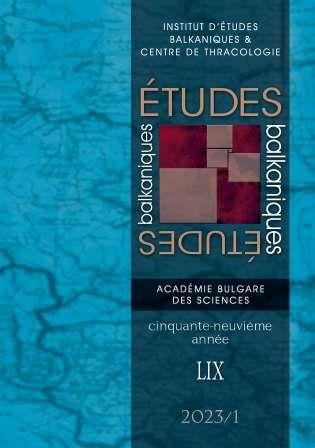THE SCHOLA MEDICA SALERNITANA BETWEEN BYZANTINE AND ARAB-ISLAMIC TRADITION IN THE KINGDOM OF SICILY (11th – 13th CENTURIES)
THE SCHOLA MEDICA SALERNITANA BETWEEN BYZANTINE AND ARAB-ISLAMIC TRADITION IN THE KINGDOM OF SICILY (11th – 13th CENTURIES)
Author(s): Violeta ManolovaSubject(s): History, Economic history, Social history, Middle Ages, 6th to 12th Centuries, 13th to 14th Centuries
Published by: Институт за балканистика с Център по тракология - Българска академия на науките
Keywords: Salerno; Medicine; Norman Sicily; Byzantium; Arab-Islamic influence; Mediterranean;
Summary/Abstract: The legendary story about the foundation of the Schola Medica Salernitana tells about the collaboration between four men of Greek, Latin, Jewish and Arabic origin. Created sometime in the 9th century under Lombard rule, Salerno became an increasingly famous “Town of Hippocrates” (Hippocratica Civitas) as part of the Kingdom of Sicily. The Norman rulers and, to a lesser extent, their Swabian successors, were significantly influenced by Byzantine and Muslim traditions. They demonstrated predilection for scholars, medics, philosophers, theologians, and translators of different provenance. These intellectuals resided at the Palermitan court and worked for the Sicilian rulers, notwithstanding any political antagonism. This spirit of cooperation, together with the rising wave of the Twelfth-century Renaissance reinforced the creation of a heterogeneous image of the Kingdom. And indeed, this was perfectly mirrored by another valuable achievement, a fruitful heritage in the heart of the Mediterranean, namely, the medical school of Salerno.
Journal: Études balkaniques
- Issue Year: 2023
- Issue No: 1
- Page Range: 7-24
- Page Count: 18
- Language: English
- Content File-PDF

